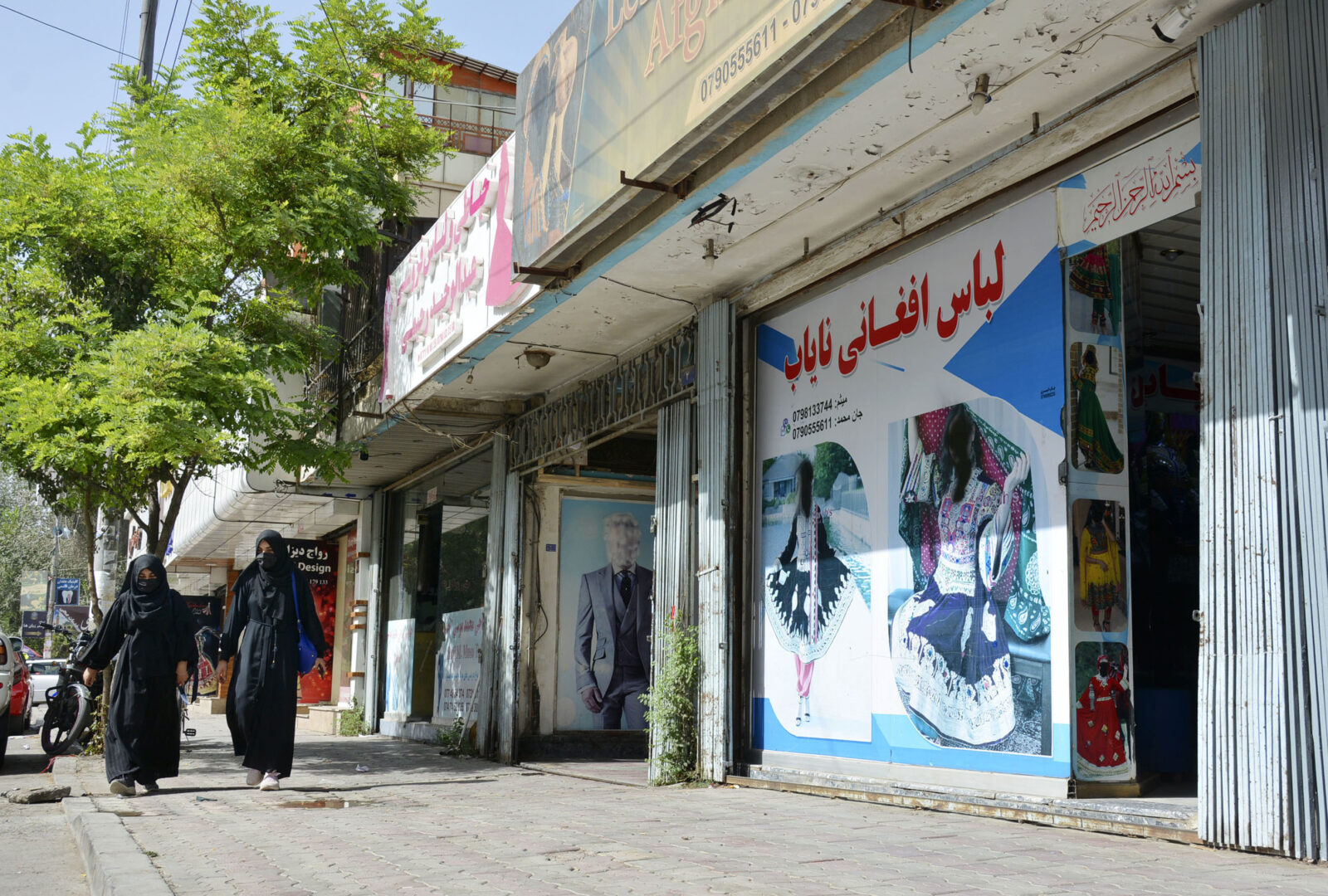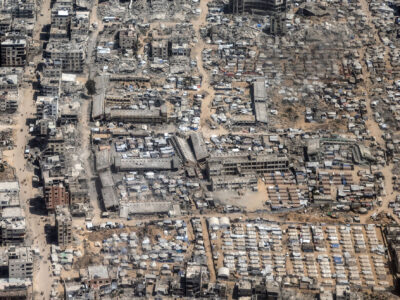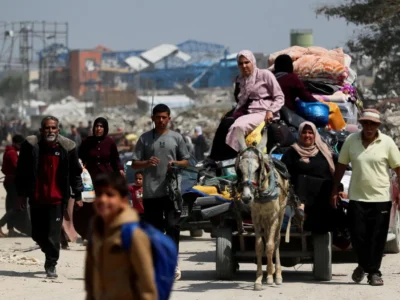Bribes, Kickbacks, and Diversion: Aid in Conflict Zones and Authoritarian Regimes
Before the Trump administration cut most aid to Afghanistan in 2025, the United States was the country’s largest donor, providing more than $3 billion in humanitarian and development assistance after the Taliban takeover in August 2021. A new report by the Special Inspector General for Afghanistan Reconstruction (SIGAR) finds that much of this aid was diverted by the Taliban through favoritism, restrictions on NGOs, staff extortion, and alleged collusion with senior UN officials demanding kickbacks. The report concludes that the global aid system for countries under hostile regimes is fundamentally broken, costly, opaque, and riddled with layers of agencies and subcontractors that inflate expenses, obscure accountability, and invite corruption.
What lessons can be drawn from Afghanistan and from aid delivery in other conflict zones such as South Sudan, Syria, and beyond? Join us for a panel discussion examining how aid systems do or do not manage diversion and conflict-sensitivity risks, the factors shaping these approaches, and potential strategies for improving them at both the donor and implementer levels.
The conversation featured Joseph Windrem, director of the Special Inspector General for Afghanistan Reconstruction’s (SIGAR) Lessons Learned Program, Jordan Kane, senior analyst in SIGAR’s Lessons Learned Program, and Audrey Bottjen, international aid and conflict sensitivity consultant. Adam Weinstein, deputy director of the Middle East program at the Quincy Institute, moderated.
Program
Countries/Territories
Entities
Panelists

Joseph Windrem
Joseph Windrem is the director of the Special Inspector General for Afghanistan Reconstruction’s (SIGAR) Lessons Learned Program, which captures insights from the U.S. reconstruction effort in Afghanistan and provides recommendations to Congress and executive agencies for improving future operations. He previously served as a senior analyst in the Office of the Special Inspector General for Iraq Reconstruction and as a staff member on the House Foreign Affairs Committee and the House Committee on Homeland Security. He holds a Master of Theological Studies from Harvard Divinity School.
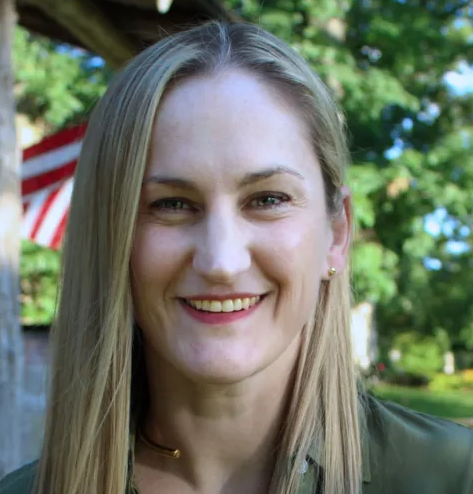
Jordan Kane
Jordan Kane is senior analyst in the Special Inspector General for Afghanistan Reconstruction’s (SIGAR’s) Lessons Learned Program. She is a conflict and governance advisor with extensive field experience in four conflict/post-conflict environments: Afghanistan, Rwanda, South Sudan, and Yemen. She specializes in governance, stabilization, and monitoring and evaluation. She was a part of the SIGAR team whose What We Need to Learn report was featured on Last Week Tonight with John Oliver and Fareed Zakaria GPS, as well as the team whose Stabilization report was covered by Washington Post, and many others.

Audrey Bottjen
Audrey Bottjen is an international aid and conflict sensitivity consultant with 20 years of experience in conflict sensitivity, transition, peacebuilding, and recovery. She has held strategic, analytical, programmatic, and operational roles with NGOs, the UN, donor governments, research institutions, and multilateral organizations. Since 2010, she has worked extensively in the Sudans, including serving as Director of the Conflict Sensitivity Resource Facility (CSRF) in South Sudan and as Chief of Party for the USAID-funded conflict mitigation program there. She holds a Master’s in International Economics and International Development from the Johns Hopkins School of Advanced International Studies (SAIS).
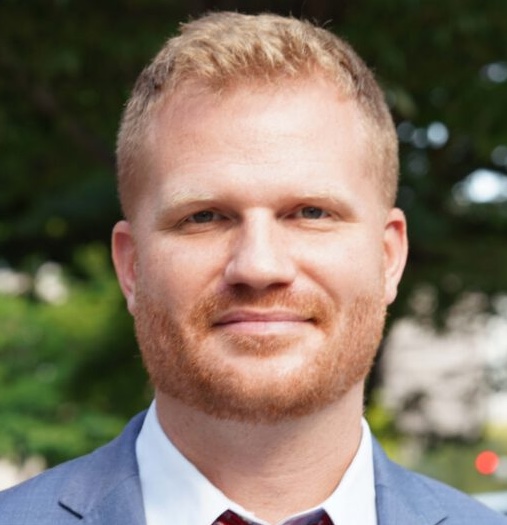
Adam Weinstein
Adam Weinstein is deputy director of the Middle East program at the Quincy Institute, whose current research focuses on security and rule of law in Afghanistan, Pakistan, and Iraq. He is also a non-resident fellow at Tadblab, a think tank and advisory firm based in Islamabad, and regularly travels throughout Pakistan. Adam’s analysis has been featured in the Washington Post, Guardian, Foreign Policy, War on the Rocks, Lawfare, and The National Interest. He served as a US Marine and deployed to Afghanistan in 2012 as part of a detachment to the 2nd Air Naval Gunfire Liaison Company where he served in Uruzgan Province in support of Australia’s 2nd Commando Regiment.

